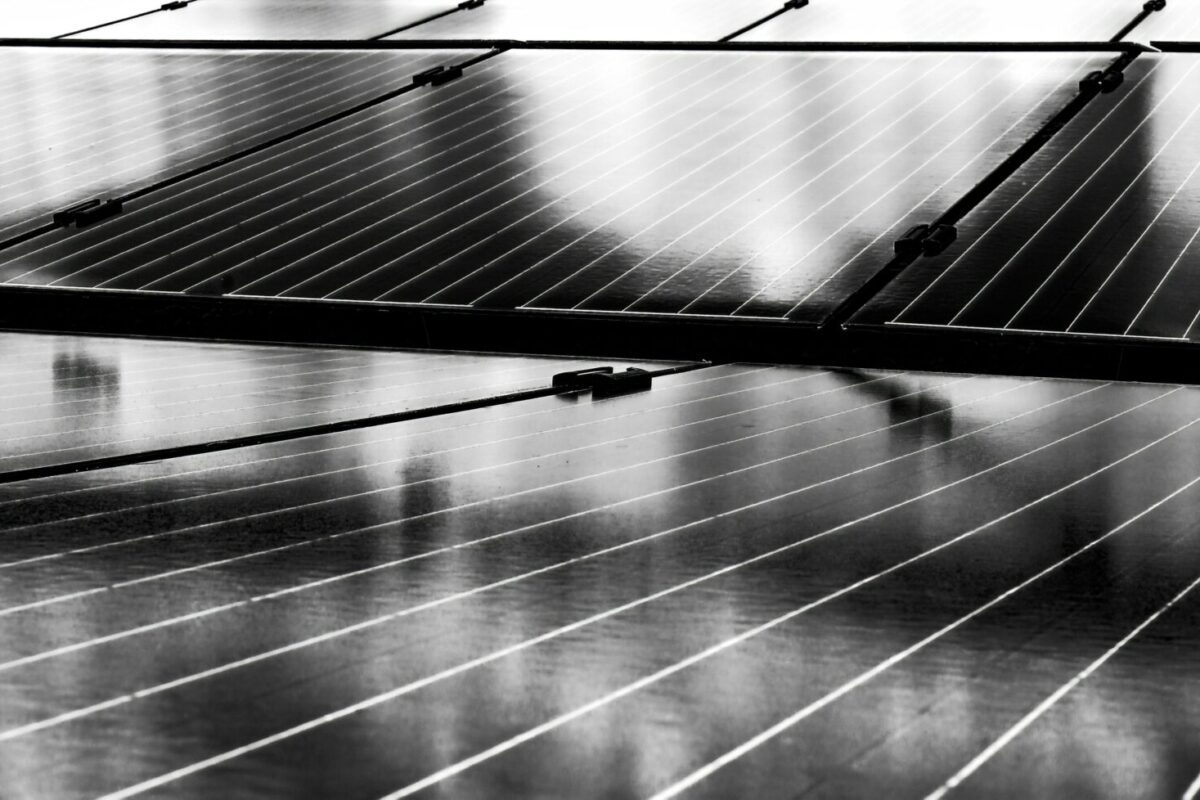In what represents the first set of a total of 12 projects approved by the Multilateral Investment Guarantee Agency’s board in support of Egypt's solar feed-in tariff (FIT) program, the World Bank Group agency will allocate a total of $102.6 million.
The funds will be granted in support of the construction, operation and maintenance of six solar power plants in Egypt with a combined capacity of 250 MW.
According to the agency, some $5 million will go to equity holder ib vogt GmbH of Germany for up to 15 years, while an additional $97.6 million will be provided for up to 20 years to China’s Industrial and Commercial Bank of China (ICBC), bolstering the longer-term strength of the projects against fluctuating tariffs.
“Significant investments are needed in Egypt to meet growing demand for power, and diversify the country's energy mix,” MIGA Executive Vice President and CEO Keiko Honda said. “We are proud to be supporting Egypt's ambitious efforts to deliver reliable power to its citizens, while helping tackle climate change.”
As the country moves towards a new auction mechanism, which has replaced the FIT scheme for large-scale solar with a tender for the deployment of 600 MW of PV capacity in the West of Nile Area issued in December, the MIGA-backed projects will be realized under the second round of Egypt’s solar FIT program. In the two rounds of the FIT program, around 2 GW of solar PV capacity was allocated and is expected to be achieved via the development of 40 individual solar parks of around 50 MW each.
The energy output will be sold at $0.084 per kWh to the state-owned power provider, Egyptian Electricity Transmission Company (EETC) under a 25-year power purchase agreement, guaranteed by Egypt's Ministry of Finance.
Developed under the FIT program, which seeks to attract private sector investment for up to 4.3GW in solar and wind power generation, the projects will move the country closer to its goal of sourcing 20% of its energy needs from renewable sources by 2020.
Earlier this week, Saudi energy company ACWA Power reached financial close for three large-scale PV projects with a combined capacity of 165.5 MW at the 1.8 GW Benban solar complex, in Aswan, southern Egypt, which represents the largest portion of the 2 GW of PV capacity allocated by the Egyptian government through its FIT scheme for solar.
The projects garnered an investment of €190 million ($227 million), of which 75% was provided by the European Bank for Reconstruction and Development (EBRD) and 25% came from ICBC.
“MIGA's support for our three projects has been crucial for closing them successfully,” Rajit Nanda, Chief Investment Officer of ACWA Power said. “Together, we have aided the Egyptian government as they push through their focus on renewable energy and are confident that this association will continue to play a pivotal role for procuring new renewable energy projects in Egypt.”
Noting that among the World Bank Group members, IFC is among the major lenders in Egypt’s FIT program, having secured financing for 11 solar power plants totaling 500 MW of capacity at the Benban solar plant, MIGA said that more investors are expected to seek guarantee coverage with the agency in the near future.
This content is protected by copyright and may not be reused. If you want to cooperate with us and would like to reuse some of our content, please contact: editors@pv-magazine.com.




By submitting this form you agree to pv magazine using your data for the purposes of publishing your comment.
Your personal data will only be disclosed or otherwise transmitted to third parties for the purposes of spam filtering or if this is necessary for technical maintenance of the website. Any other transfer to third parties will not take place unless this is justified on the basis of applicable data protection regulations or if pv magazine is legally obliged to do so.
You may revoke this consent at any time with effect for the future, in which case your personal data will be deleted immediately. Otherwise, your data will be deleted if pv magazine has processed your request or the purpose of data storage is fulfilled.
Further information on data privacy can be found in our Data Protection Policy.